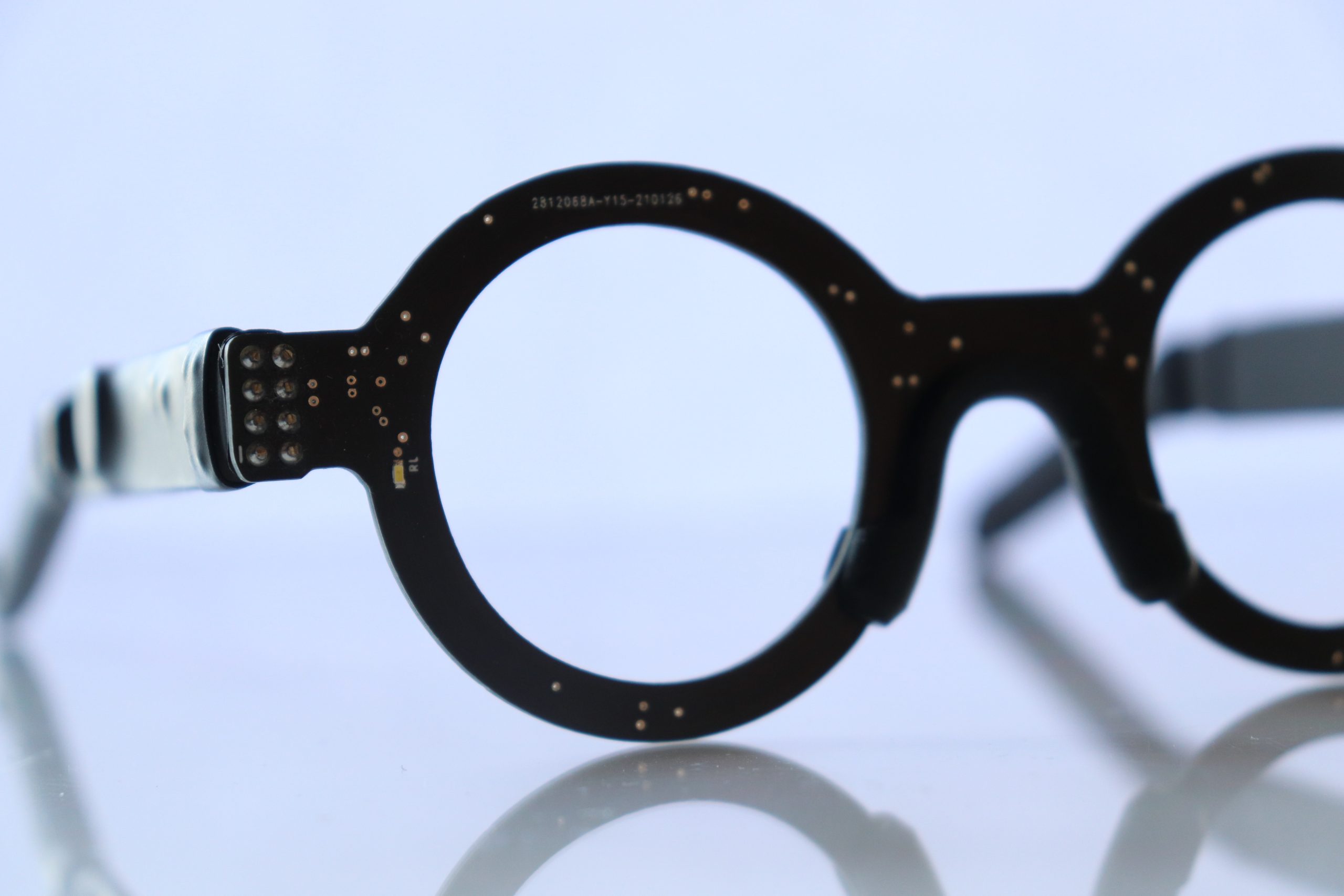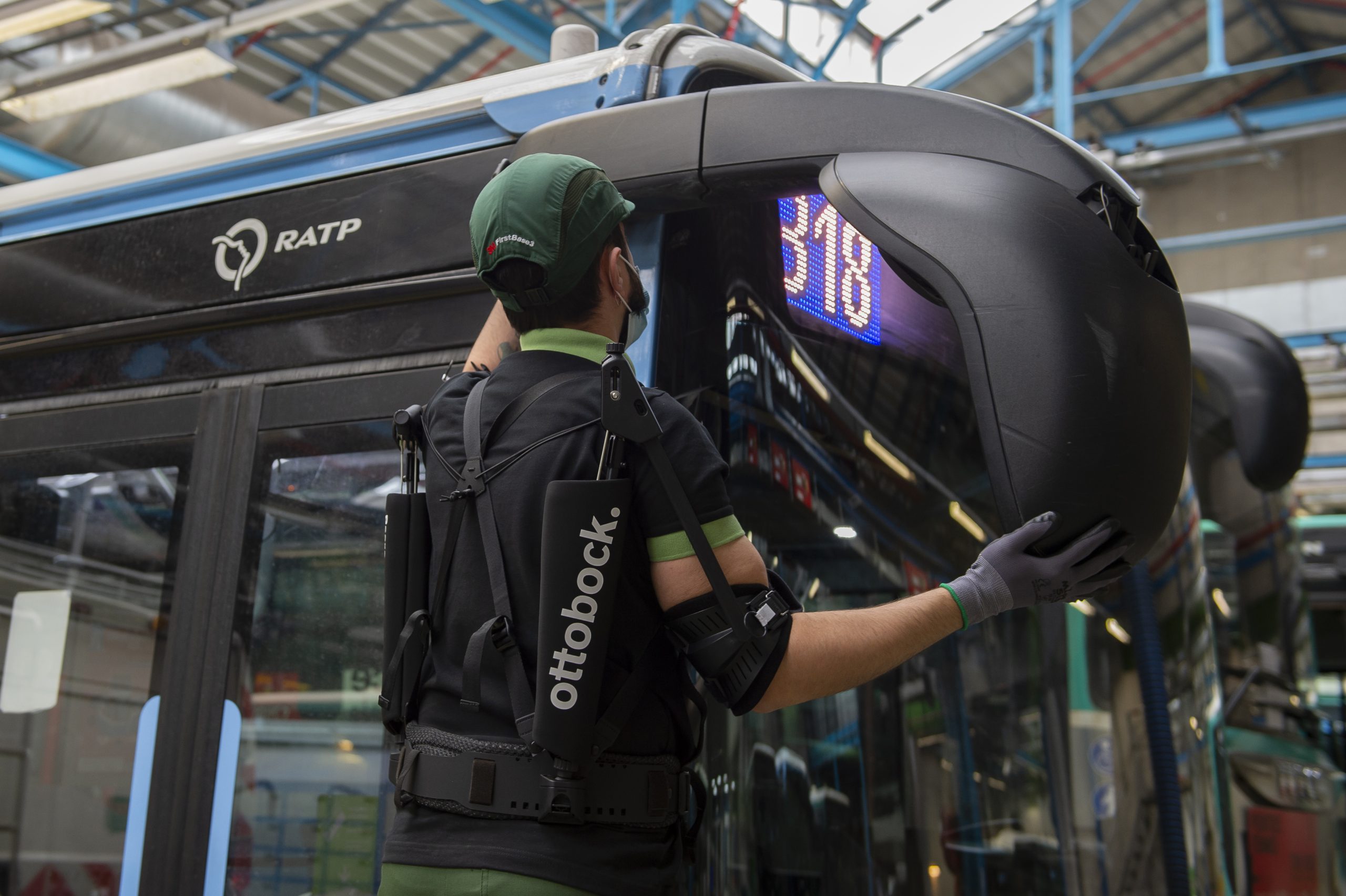TECH FOR SOCIETY
As the Covid19 crisis has shown us, tech can promote access to essentiel services such as education, health and information. Tech is a tremendous driver of inclusiveness. Since its creation VivaTech has been fighting against the under-representation of women in the world of startups and technology - currently only 8% of startups are headed by women!
1 / CONFERENCE PROGRAM
Fittingly, this edition will give the floor to many women speakers, and will be the moment to question and launch initiatives to make tech more inclusive.
The VivaTech program this year will also be an opportunity to debate how to restore trust in the Internet by fighting misinformation. Or how to regulate the use of AI. What should be the role of states and tech companies in data management and AI use,? And what is the impact of government 2.0 using digital and innovation to support local populations and ecosystems?
In its online Lab, Google will present talks on 'Diversity, a driver of business performance', with Anne-Sophie Nomblot (President of the SNCF Women's Network) and Jules Robert (Head of International HR Development, Chloé).
2 / INNOVATIONS PRESENTED
Among the wonderful innovations on display at VivaTech on partners' stands, in the Discovery and online:
TECH AGAINST DISABILITIES
Hable, a smart keyboard connected by Bluetooth and by thought that allows blind people to interact with their smartphone, and promoting a more inclusive digital world. My Digital Buildings, at Orange, is a mobile application that locates and guides blind people inside buildings using digital twins. The service is based on 3D imaging and data recognition technology. Revolve AIR is a folding wheelchair that fits in a suitcase, designed primarily for air travel where wheelchairs are often damaged. Wyes, at the Ile-de-France Lab, is developing a pair of glasses co-designed with disabled people and their families. It detects voluntary blinks, which act as commands on a smartphone, tablet or computer. La Poste also presents Faciliti, a solution to make websites more inclusive and accessible to all.

Wyes, Ile-de-France Lab
TECHNOLOGY FOR BETTER HEALTH
CryoEm, at Sanofi, is an advanced imaging technology used to determine the structure of proteins with near atomic resolution. ExactCure, a startup supported by Huawei, offers a personalized solution for the proper use of medication. In practical terms, the digital twin of a patient simulates the concentration of drugs in his or her blood according to characteristics such as age, gender, liver condition, etc. Life Plus, hosted at the BNP Paribas Lab, measures in real time the user's activity and health constants (heart rate and oxygen saturation), detects falls or moments of abnormal inactivity, and sends an alert to relatives or to the remote assistance center. The RATP exoskeleton assists RATP agents in charge of maintenance to increase their physical capacities and reduce the strain on their shoulders. Swisstech presents the work of SpacePharma, a miniaturized laboratory in microgravity that explores the many possibilities of creating drugs in space. Biotech firm EverZom is developing a platform for manufacturing extracellular vesicles. They are now used by many medical teams to regenerate damaged tissues in the context of regenerative medicine.
The health of our animal friends is not to be forgotten, with Royal Canin's Body Scan, which scans the animal for a reliable and quick health check-up.


SpacePharma, Swisstech RATP exoskeleton
3 / INITIATIVES
Viva Technology has redesigned its program in order to respond to the many challenges facing our societies. Several new initiatives will mark the four days of the event:
- The Equality lounge, with Salesforce, promotes gender equality in the technology sector through networking among women in tech, and diversity through interactive sessions and equality programs in companies.
- +50 impact partnerships: organizations, associations and professional networks will collaborate around youth support structures, inclusion and social entrepreneurship during VivaTech. Among them Sista, 50inTech, Willa, Social Builder, Diversidays, Black Girls Code, Women in Africa, Ashoka, Le Collectif Mentorat and l'Escalator.
- Female Founder Challenge: Only 3% of global funding goes to female founders. In an attempt to reverse this trend, VivaTech and 50inTech, with the support of Axa, Clear Channel, Salesforce and Société Générale, are joining forces to promote women-led startups and celebrate those that investors should consider, regardless of their stage of development. The ten 2021 finalists are UBLO, GLIACLOUD, DFNS, KOOLBOKS, WHOOMIES, MALOU, ALOCAI, LIXO, KNOT and XAHIVE. The finalists will pitch on Thursday, June 17 in front of our 13 judges and the VivaTech audience. The 2021 winner will benefit from privileged meetings with our 13 VC juries, double mentoring with Claire Calmejane, Director of Innovation at Société Générale and Emilie Sidiqian, Managing Director of Salesforce France, as well as exceptional exposure in global conferences and specialized media thanks to the Women's Forum and Maddyness. The award will be presented by Cédric O, the French Secretary of State for Digital Transition and Electronic Communications.
- In association with UNESCO, VivaTech is leveraging its expertise in open innovation and collaboration with startups to bring concrete solutions to the major challenges the international organization is tackling: using AI to conserve biodiversity and preserve the planet; fighting discrimination and reducing gender bias in AI; and providing access to information in low-resource languages by breaking down the language barrier through data and AI.
Finally, because young people are particularly affected by the health and economic crisis, VivaTech is developing with Openclassrooms a free training program for 1,000 young people far removed from technology and employment, to be held in-person on the Saturday as well as online.